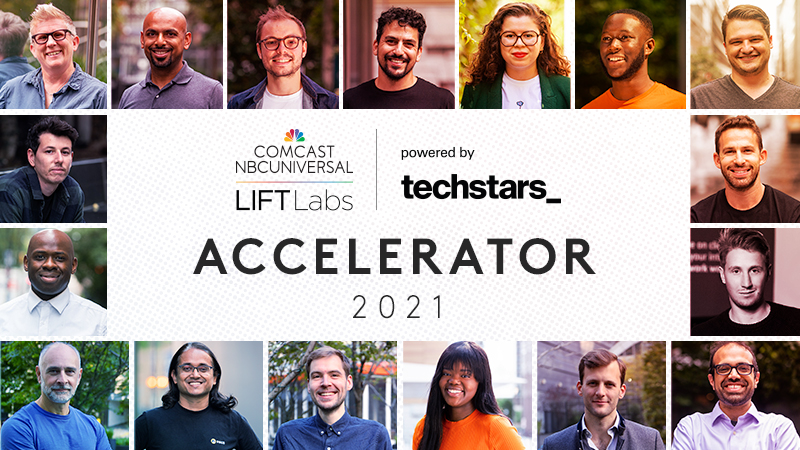How Bluefish Helps Enterprises Rebuild the Marketing Stack for AI-Driven Discover and Commerce
How Bluefish Helps Enterprises Rebuild the Marketing Stack for AI-Driven Discover and Commerce
February 5, 2026
» SIGN-UP and be the first to learn about new events
and exclusive tips from founders and funders.
